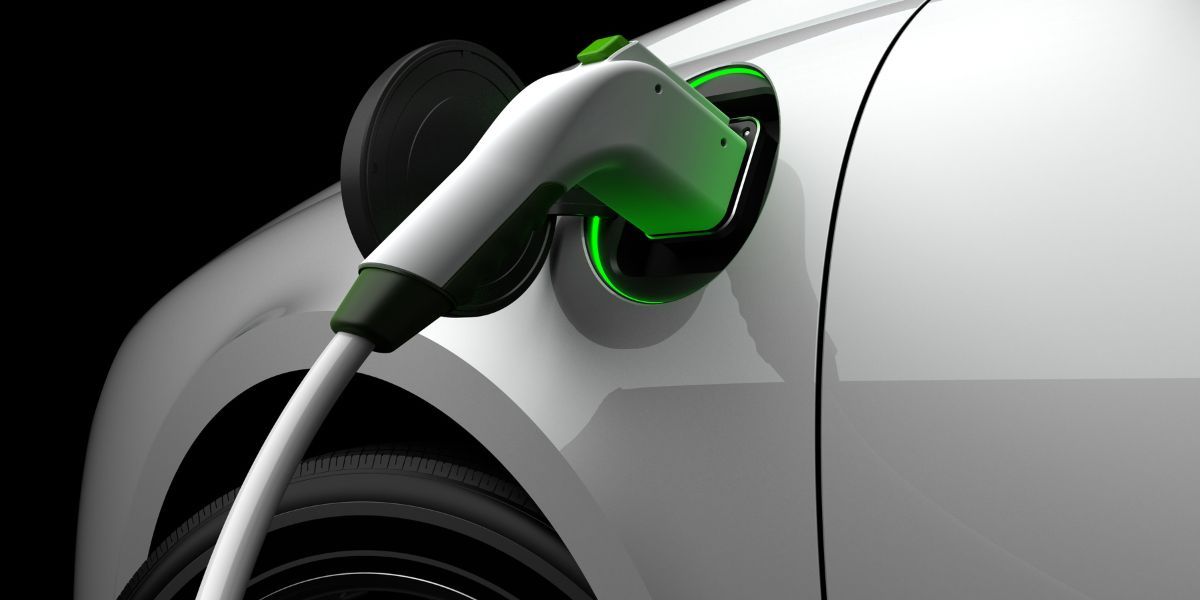
Tax-Efficient Benefits of Electric Company Cars
It is well publicised that company cars are not tax efficient and can result in costly tax bills for individuals and companies alike.
Electric cars are dealt with differently, particularly if the car is fully electric and emits zero CO2 emissions.
This provides an excellent solution to reward employees, as a negligible benefit in kind charge is charged to the individual. However, the company is eligible for a full tax write off in the year of purchase, providing the car is new and unused.
Further details about all the above is included within this guidance – if you would like to discuss this in more detail, please get in touch with your usual Jerroms contact, who will be happy to help.
Things to consider
- Capital Allowances
- Benefits in kind
- Road Tax
- Grants
- VAT
Capital Allowances
- In the year the purchase of the Electric Vehicle (CO2 0g/km) takes place, 100% First-year allowances can be claimed and therefore the business will get full tax relief in the year of purchase.
- This applies for outright purchase and hire purchase and where the vehicle is new and unused
- If the purchase of the vehicle is not fully electric, any cars with CO2 emissions of between 1-50g/km, will attract main rates allowances of 18%.
-
Electric cars are not eligible for 130% super deductions as cars are specifically excluded.
Benefits in Kind
- In 2022/23 for rate for zero emission cars is 2% (this is charged against the list price). This is also the same for leased cars.
- The current advisory fuel rate per mile for a company that provides an employee with an electric car is 5p. They can also claim an extra 5p per mile for each additional passenger they take with them.
- If the employee uses their own electric car, the rates are the same as regular cars at 45p for the first 10,000 miles and 25p thereafter.
- The provision of a company benefit will attract a class 1a national insurance contributions charge to the employer, which is currently 15.05%. For example if a car has a list price of £50,000 attracting a 2% charge the benefit would be £1,000. As an employer class 1a national insurance would be charged £150.50 (£1,000 x 15.05%).
Road Tax
- As road tax is based on the CO2 output of the vehicle. Electric vehicles, therefore, have a nil tax charge.
- Commercial Vehicles such as vans usually pay a flat road tax fee per annum based on their gross vehicle weight but those that are fully electric will pay £0 of road tax a year.
Charging Points
- If the employer has a vehicle charger installed at the office the business will be able to claim 130% super deduction. From the 1st April 2023 and thereafter, 100% FYA will be available on its purchase and installation.
- If the employer pays for charging at work, it is not classed as a benefit in kind.
VAT on purchase
- The employer can only claim the VAT back on the purchase of an electric vehicle if it is used exclusively for the business. If there is any aspect of private use the vehicle VAT cannot be reclaimed.
- Currently, if an electric vehicle is leased, HMRC will allow the company to claim back 50% of the purchase VAT.
- Non-Leased Commercial vehicles can have the entire VAT reclaimed by the business regardless of a personal use aspect.
- VAT is also reclaimable on any running costs such as repairs and maintenance.
VAT on Charging
- HMRC is reviewing the evidence required to allow an employer to claim the related VAT when they reimburse an employee for the actual cost of electricity used in charging an electric vehicle for business purposes. It is also considering other simplification measures to reduce the administrative burdens of accounting for VAT on private use.
- HMRC has added a new section 8 to VAT Notice 700/64: Motoring expenses. This confirms that businesses can recover VAT incurred when charging electric vehicles on the business use of those vehicles when those vehicles are charged at work or public charging premises.
- Only Sole traders and partners can recover VAT for charging electric vehicles for business purposes at home.
We are here to help
We are here to help in any way we can. Please contact us on 0121 693 5000 (Solihull Office), 01384 250202 (Halesowen Office) or 01675 466344 (Coleshill Office) for more information.




